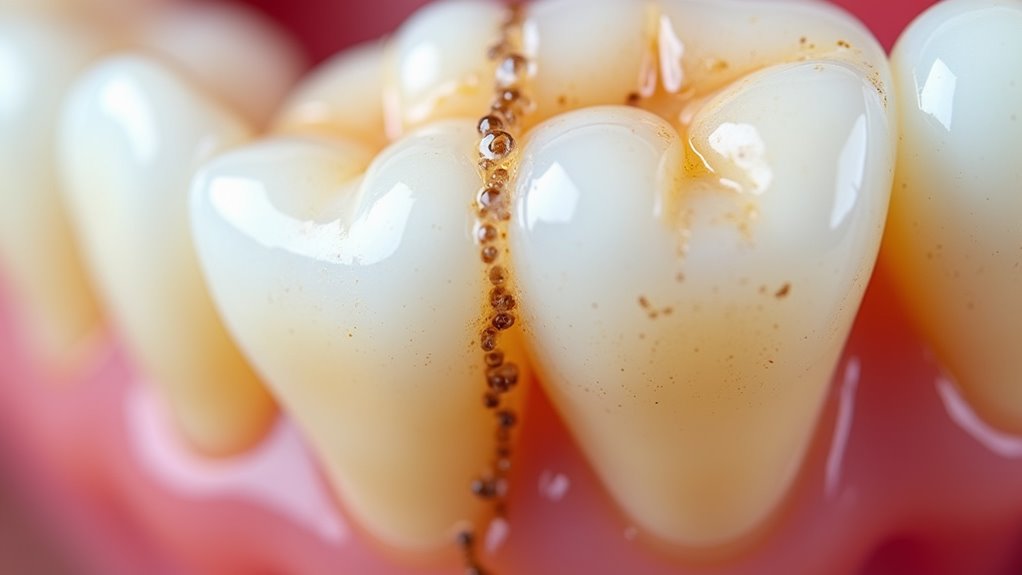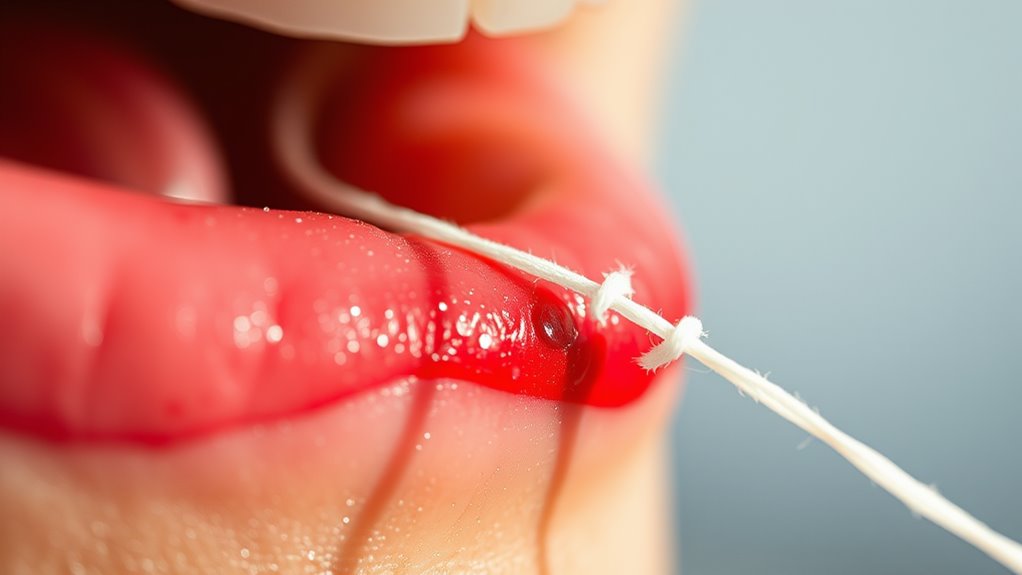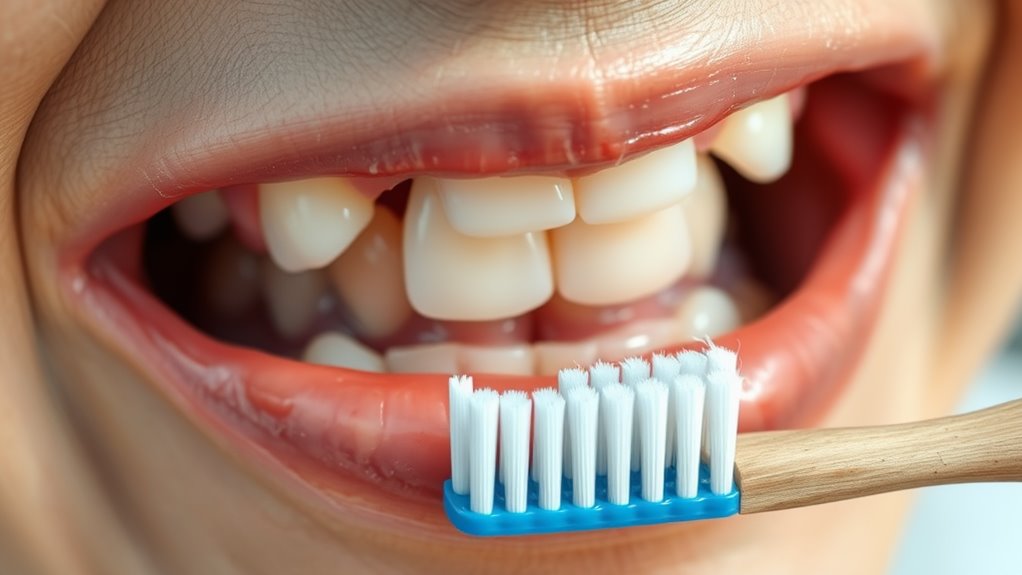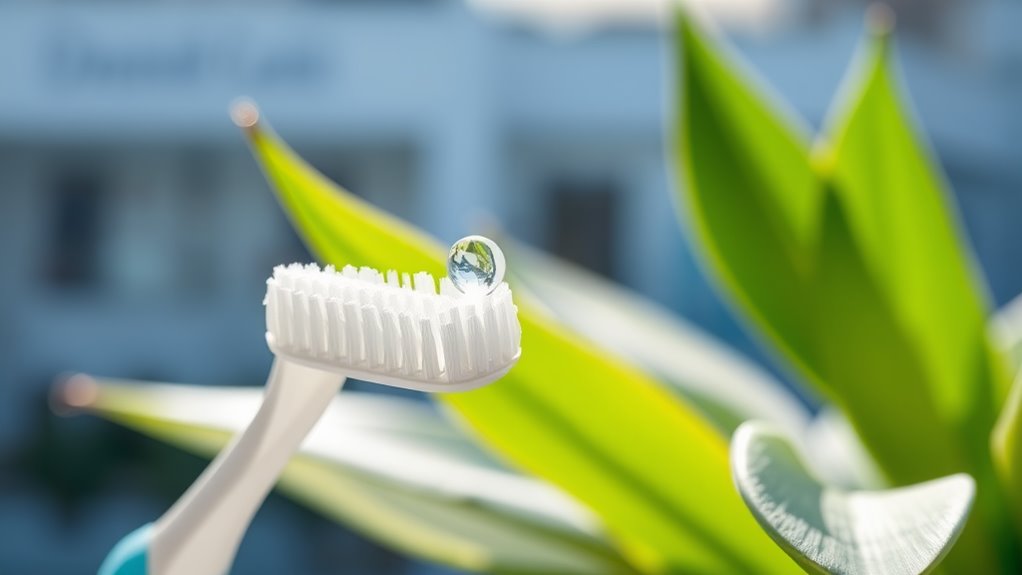The Real Reason You Keep Getting Cavities (Even If You Brush Daily!)
You’ve been doing everything right – brushing twice daily, flossing regularly, and avoiding sugary snacks. Yet those frustrating cavities keep appearing at your dental checkups. Don’t blame yourself just yet. While good oral hygiene is essential, several hidden factors could be sabotaging your dental health without you knowing it. From genetic predisposition to surprising dietary choices, the real culprits behind your recurring cavities might surprise you.
Hidden Culprits Behind Your Recurring Cavities
Many people are surprised to learn that their recurring cavities aren’t just caused by poor brushing habits. Several hidden factors could be sabotaging your dental health, even if you’re diligent about oral care.
Your genetics play a significant role in cavity causes, affecting the strength of your enamel and how efficiently your body fights harmful bacteria.
Certain medications can reduce saliva production, leaving your teeth vulnerable to decay. Even stress can impact your oral health by weakening your immune system and promoting teeth grinding.
Your diet might harbor unexpected cavity-forming culprits. It’s not just obvious sugary treats – dried fruits, sports drinks, and seemingly healthy smoothies can create an acidic environment perfect for tooth decay.
Additionally, conditions like acid reflux or eating disorders can erode dental enamel, making your teeth more susceptible to cavities. Understanding these hidden factors can help you develop a more comprehensive approach to preventing tooth decay. Furthermore, it’s essential to be aware of fluoride’s benefits in strengthening tooth enamel to combat these risks effectively.
Beyond Brushing: The Science of Tooth Decay
While most people think tooth decay is a simple process of sugar eating away at teeth, the science behind cavity formation involves a complex interaction between bacteria, acids, and minerals.
When you consume carbohydrates, the bacteria in your mouth convert them into acid, triggering a sophisticated chain reaction that can compromise your dental health. Understanding this process is crucial for implementing effective prevention strategies.
-
Your tooth enamel constantly undergoes demineralization as acids lower the pH in your mouth below 5.5.
-
The calcium and phosphate ions in your saliva naturally work to remineralize weakened enamel.
-
This delicate balance gets disrupted when acid exposure outpaces your mouth’s repair capabilities.
-
Modern research shows that specific bacterial strains like Streptococcus mutans accelerate decay by creating biofilms that shield acid-producing bacteria.
Additionally, genetic factors such as saliva production and enamel strength can significantly influence your susceptibility to cavities, making it essential to consider your unique risk profile.
You’re not just fighting sugar – you’re managing a complex ecosystem that requires targeted intervention beyond basic brushing.
Effective Strategies for Long-Term Cavity Prevention
Preventing cavities requires a comprehensive approach that extends far beyond daily brushing and flossing. You’ll need to adopt innovative strategies that target both the biological and lifestyle factors contributing to tooth decay.
Here’s your modern cavity prevention toolkit:
| Strategy | Implementation |
|---|---|
| pH Balance | Use alkaline rinses after acidic foods |
| Biofilm Control | Apply probiotic oral care products |
| Remineralization | Choose hydroxyapatite toothpaste |
| Smart Timing | Wait 30 minutes post-acids to brush |
| Tech Integration | Use AI-powered toothbrushes |
The key is customizing these strategies to your unique oral microbiome. Consider investing in saliva testing to understand your specific bacterial profile and cavity risk factors. You can then tailor your prevention plan using targeted antimicrobial treatments, specialized dental products, and strategic dietary modifications. Remember, you’re not just fighting bacteria – you’re cultivating a healthy oral ecosystem that naturally resists decay. Additionally, regular dental care can help prevent gum disease, which is crucial for maintaining overall oral health and reducing cavity risk.




